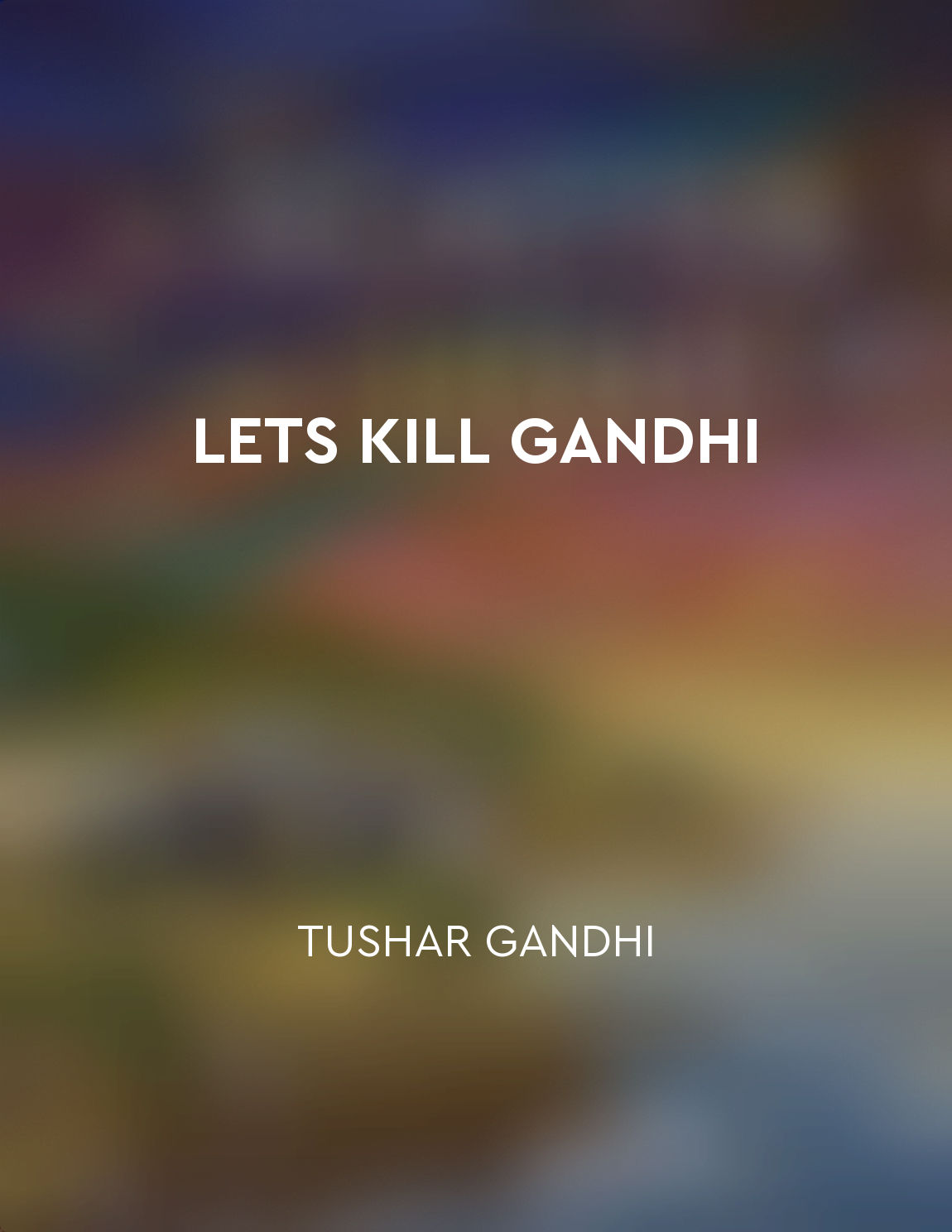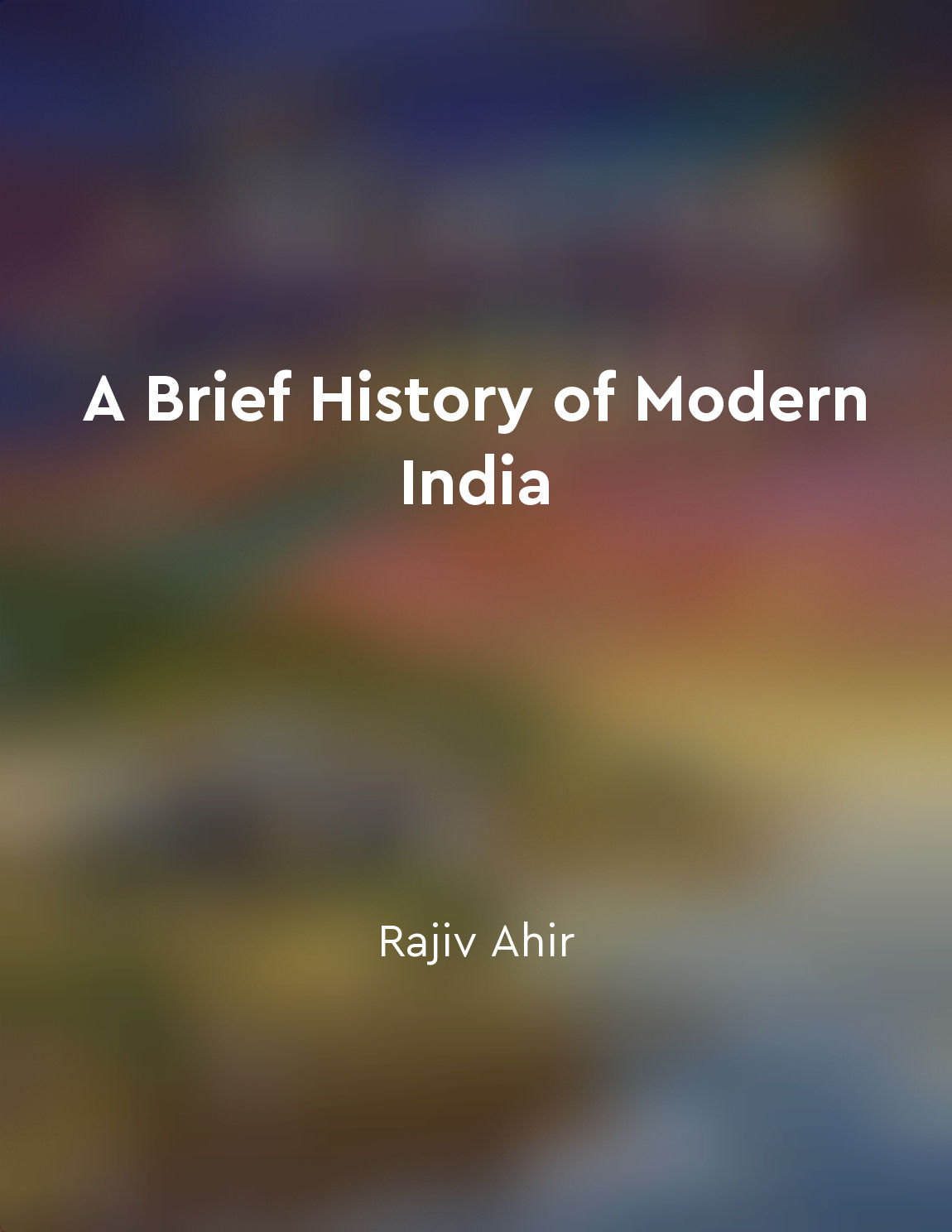Mumbai terror attacks in 2008 from "summary" of A Brief History of Modern India by Rajiv Ahir
The Mumbai terror attacks in 2008 were a series of coordinated terrorist attacks that took place in Mumbai, India, over a period of four days. The attacks began on 26th November 2008 and lasted until 29th November 2008. The terrorists targeted various locations in the city, including luxury hotels, a popular cafe, a railway station, and a Jewish community center. The attackers were members of Lashkar-e-Taiba, a Pakistan-based militant organization. They arrived in Mumbai by sea and launched their attacks using firearms and grenades. The terrorists specifically targeted places frequented by foreigners and wealthy Indians, aiming to cause maximum casualties and damage. The attacks resulted in the death of 166 people and left more than 300 injured. The Taj Mahal Palace Hotel, Oberoi Trident Hotel, and Nariman House were among the prominent locations that were targeted. The Indian security forces, including the National Security Guard (NSG) and Mumbai Police, launched operations to neutralize the terrorists and rescue hostages. The Mumbai terror attacks in 2008 shocked the nation and the world, highlighting the vulnerability of major cities to such acts of terrorism. The Indian government faced criticism for its handling of the situation, including the lack of preparedness and coordination among security forces. The attacks also strained relations between India and Pakistan, as the attackers were found to have links to Pakistan. The aftermath of the Mumbai terror attacks led to increased pressure on Pakistan to take action against militant groups operating from its soil. The Indian government also took steps to strengthen its counter-terrorism capabilities and improve coordination among various security agencies. The attacks served as a wake-up call for the need to address the root causes of terrorism and enhance international cooperation in combating terrorism.Similar Posts

Survivors struggle with trauma
In the aftermath of the 9/11 attacks, survivors found themselves grappling with the overwhelming trauma they had experienced. M...
The connections between terrorist groups
The intricate web of connections between terrorist groups is a central theme in The Looming Tower. Through meticulous research ...

Tushar Gandhi's insights challenge conventional narratives
Tushar Gandhi's perspective offers a fresh and thought-provoking take on the traditional narratives surrounding Mahatma Gandhi....

Babri Masjid demolition and communal tensions
The demolition of the Babri Masjid in Ayodhya on December 6, 1992, was a pivotal event in Indian history. The mosque, which had...
